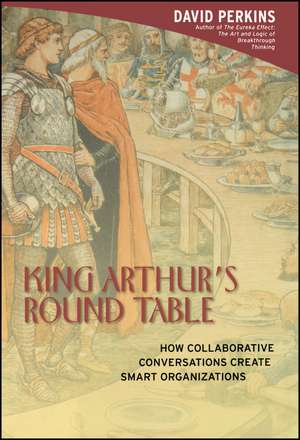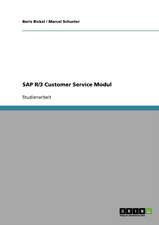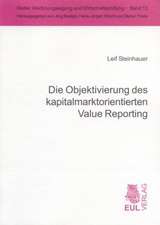King Arthur′s Round Table – How Collaborative Conversations Create Smart Organizations
Autor DN Perkinsen Limba Engleză Hardback – 14 mai 2006
"When I want a group to work effectively, I turn immediately to my colleague of thirty-five years, David Perkins. This book is a distillation of his knowledge and wisdom."
-Howard Gardner
author of Frames of Mind: The Theory of Multiple Intelligences and Intelligence Reframed
"David Perkins applies his wit and inventive mind to create a fresh perspective on the world of collaboration in organizations. His archetypes and toolboxes offer valuable insights to anyone facing the challenges of collaborative problem solving."
-David Straus
author of How to Make Collaboration Work
Preț: 351.75 lei
Nou
Puncte Express: 528
Preț estimativ în valută:
67.31€ • 69.55$ • 55.99£
67.31€ • 69.55$ • 55.99£
Carte disponibilă
Livrare economică 27 februarie-13 martie
Preluare comenzi: 021 569.72.76
Specificații
ISBN-13: 9780471237723
ISBN-10: 0471237728
Pagini: 288
Dimensiuni: 159 x 243 x 25 mm
Greutate: 0.57 kg
Editura: Wiley
Locul publicării:Hoboken, United States
ISBN-10: 0471237728
Pagini: 288
Dimensiuni: 159 x 243 x 25 mm
Greutate: 0.57 kg
Editura: Wiley
Locul publicării:Hoboken, United States
Notă biografică
DAVID PERKINS is a senior professor at the Harvard Graduate School of Education. He is a founding member of Harvard's Project Zero, a research outfit focused on cognitive-symbolic capacities and their implications for learning in all settings, and for many years codirected the project with renowned education specialist Howard Gardner. He is also the author of The Eureka Effect: The Art and Logic of Breakthrough Thinking, Outsmarting IQ: The Emerging Science of Learnable Intelligence, and Smart Schools: Better Thinking and Learning for Every Child.
Descriere
Using the metaphor of King Arthur's roundtable, this book suggests that effective collaboration is the future of intelligent organizations and businesses. Covering topics such as types of feedback, quality of leadership, and the dangers of regressive language, it introduces a methodology for effective group communication.
















